(Volunteers from Muskeg Lake Cree Nation fight a forest fire in northern Saskatchewan Photo: Muskeg Lake Cree Nation)
Iman Kassam
APTN National News
MUSKEG LAKE CREE NATION, SASK – The Muskeg Lake Cree Nation is getting ready to take in 100 evacuees fleeing fires in northern Saskatchewan.
“It’s right for First Nations to help First Nations,” said councillor Albert Dean Lafond.
According to Lafond, the idea came from a council meeting after some members heard of horror stories about Elders not receiving enough support at the Red Cross camps.
Lafond said evacuees will be put up in the old band office and will make up a special room for elders.
Northern parts of Saskatchewan have been ravaged with 601 fires so far this years, compared to 210 last year.
54 communities have been evacuated forcing 13,000 people from their homes.
Some have been sent to larger communities where they stay in gymnasiums and recreation centres.
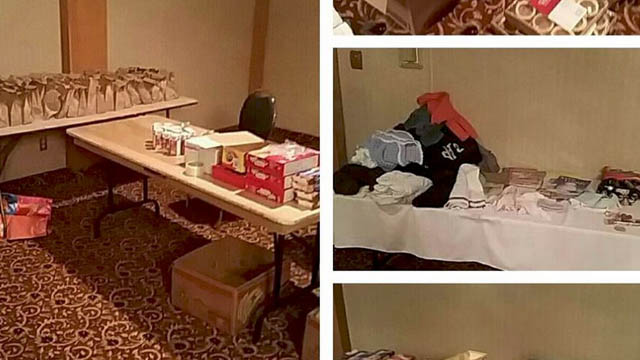
“It will be quieter and away from crying children so they can watch TV” Lafond told APTN on where Elders will be housed.
The First Nation sent out hunters who came back with two elk that will be served to the Elders.
“People aren’t getting good food over there. They’re probably eating McDonalds, fast food in the bigger city. That’s not their traditional diet,” said Lafond.
According to the community, the Red Cross is expected to come by to inspect the facility, but Lafond said he’s not looking for their authorization.
“We don’t need their approval. We will help our First Nations brothers and sisters anyway.”
In a new Facebook group ‘Sask Evacuations – Helping one another’, people are offering up support, advice, laundry services, babysitting, food, transportation, hair cutting, and more.
Some community members have even gone hunting to bring tradition foods to the evacuation centres in Saskatchewan.
The provincial government posted on Facebook that 360 Canadian Forces personnel and 600 local firefighters are on the ground in the Weyakwin/Montreal Lake area and La Ronge area – two of the provinces most at-risk areas.
95 per cent of La Ronge, the largest community in northern Saskatchewan, has been evacuated.
The Canadian military has been called in to battle the fires. 500 troops have received the 12-hour crash course on fire suppression, and 900 more are on standby for training.
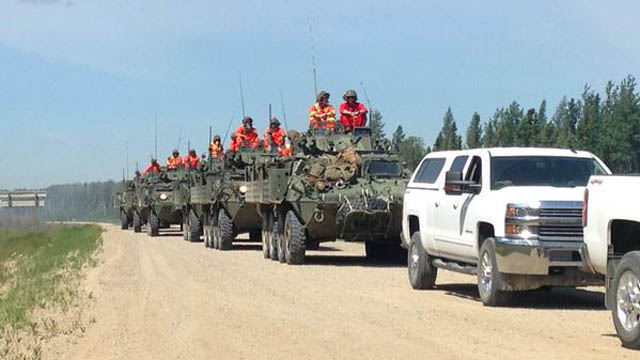
British Columbia
Smoke from the BC fires has spread across the three Prairie Provinces and into Ontario and Quebec.
There are nearly 200 active wildfires in British Columbia that have burned through 2,150 square kilometers of land. The province expects that with lightening strike, roughly 30 new fires will start each day.
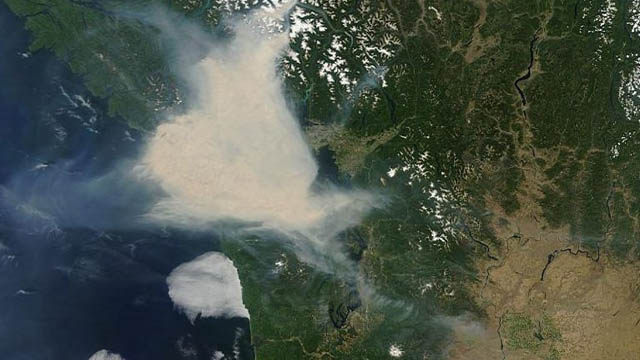
The province is also burning through its wildfire budget. They have already spent $90-million on fire suppression efforts, going well over their $60-million budget… and the spending isn’t over.
The provinces forest ministry is bringing back to life the last remaining Martin Mars water bomber.
“Given the extraordinary fire situation this year, and recognizing that public safety is paramount, we need to look at every possible tool in our toolbox,” said Minister Steve Thomson in a release.
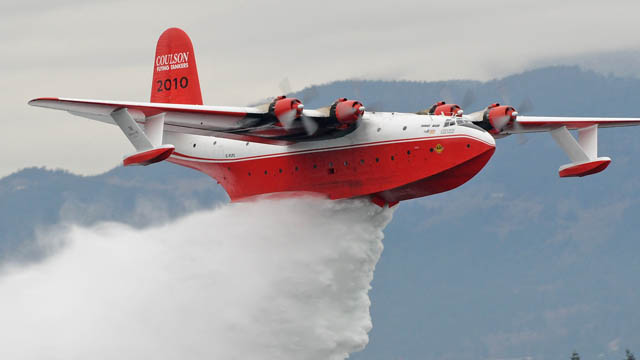
The Martin Mars carries a hefty price tag of $40,000 per day and $10,000 per hour. But on the flip side, it can carry more than 27,000 litres of water. The air craft retired in 2013, but in its younger years it was used in the U.S. Navy and to fight forest fires in BC.
Alberta
Some help has arrived.
62 firefighters from Mexico have landed in Alberta where they’ll help fight 95 wildfires, 30 of which are considered out of control.
The group from Jalisco, Mexico will join the 1,700 firefighters who have been dulling the blazes for several weeks.
The evacuation notice has lifted for the 200 people from North Tallcree First Nation who fled their homes after a blaze came within five kilometers of their community, but the wildfire hazard warnings remain extreme in northern Alberta.
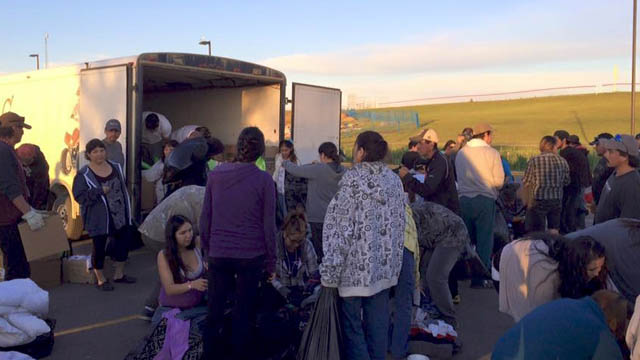
Wildfires are burning through Western Canada, and the country is running out of firefighters.
Fire crews from as far away as Australia have been called in to support the efforts in BC.
Firefighters from Quebec, Ontario, Newfoundland, New Brunswick, and South Dakota have been helping out as well.
Currently the country is battling over 800 wild fires, 117 are considered out of control, and 31 are top priority.
For Saskatchewan, British Columbia, and Alberta, this forest fire season is making history as they deal with the worst of the worst. All three provinces are sitting at an agency preparedness level of 5 (of 5), with the highest potential of exhausting fire resources nationally.




